How to Download Music from Apple Music to iPhone or iPad for Offline Listening
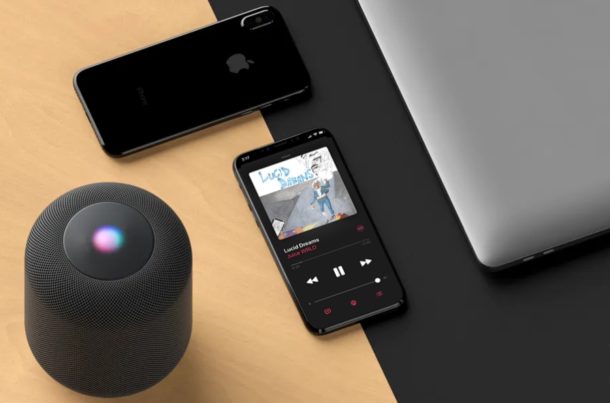
Would you like to download music directly from Apple Music to iPhone or iPad? Doing so allows for offline listening, which is a really handy capability for many situations.
Like any other streaming service, by default Apple Music requires you to be connected to the internet. It’s all sunshine and rainbows as long as you’re streaming your music over Wi-Fi or cellular, but what if you lose connectivity? Or, what if you’re asked to switch your device to Airplane mode on a flight? The answer is pretty simple. You can’t stream music anymore. However, Apple does offer a solution in the form of Offline Listening, which lets you download music directly from Apple Music to iPhone or iPad.
Are you an Apple Music subscriber looking to download your favorite songs for listening offline? If so then you’ve come to the right place. In this article, we’ll be discussing exactly how you can download music from Apple Music to your iPhone or iPad for offline listening.
How to Download Music from Apple Music for Offline Listening on iPhone & iPad
Apple Music only allows you to download songs that are in your library. So, if you’re trying to download a song that you just looked up, make sure you add it to your Apple Music library first. Now, simply follow the steps below to download music to your iPhone or iPad.
- Open “Music” app from the home screen of your iPhone or iPad.

- Head over to the “Library” section within the app and select any album where you want to download your favorite song from.

- Now, tap on the “cloud” icon located right next to the title of the song to start the download. Once complete, this icon will disappear, indicating that the song isn’t stored on the cloud anymore and is available for offline access.

- Here’s another way to download a song. While you’re listening to a song in the playback menu, tap on the “triple dot” icon located next to the song title.

- A menu will pop up from the bottom of your screen. Here, simply tap “Download” to store the song offline.

- As for the last step, in order to access all the songs you’ve downloaded to your iPhone or iPad, head over to the “Library” section and tap on “Downloaded Music”.

That’s all there is to it. You’ll be able to listen to your favorite music even if you aren’t connected online.
It’s always nice to have a few songs downloaded as a backup just in case you lose connection, especially while travelling.
In addition to downloading songs available on the streaming platform, your Apple Music subscription gives access to iCloud Music Library. Thanks to this nifty feature, the songs you’ve added to your iTunes Library on a PC / Mac will be automatically available for download on the rest of your Apple devices.
Most streaming services including Apple’s primary competitor Spotify, allows you to consume media offline, so it’s nothing new. Despite all the advances in technology, it’s still pretty difficult to stay connected at all times. A power outage or loss of cellular coverage is all it takes to stop you from accessing internet.
Offline Listening is actually pretty useful for people living in rural areas with unreliable internet connections, regions with less than stellar internet service, and even developing countries where a majority of the people don’t have access to fast and reliable internet yet. Considering how streaming could get interrupted due to poor connectivity, it’s better to listen offline and avoid all the buffering issues.
Apple Music is a hugely successful music streaming service that was introduced back in 2015 to compete against the likes of Spotify and Pandora, and it’s a great service for many users because it’s baked into the stock Music app that’s available on all iOS devices. Additionally, the service is also accessible on Android devices via a standalone app, and available on Windows PC / Mac through iTunes and the Music app in MacOS Catalina or later.
What do you think about Apple Music’s offline listening feature? Do you rely on the feature to download songs to your device and use more on the physical storage of your iPhone and iPad to playback your favorite songs? Do let us know your thoughts and opinions in the comments section down below.

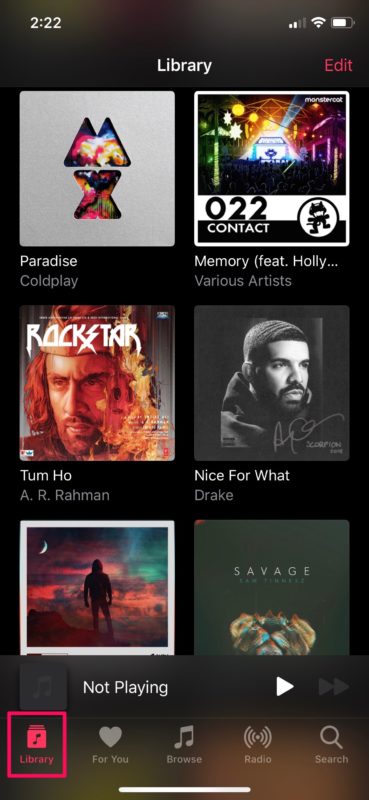
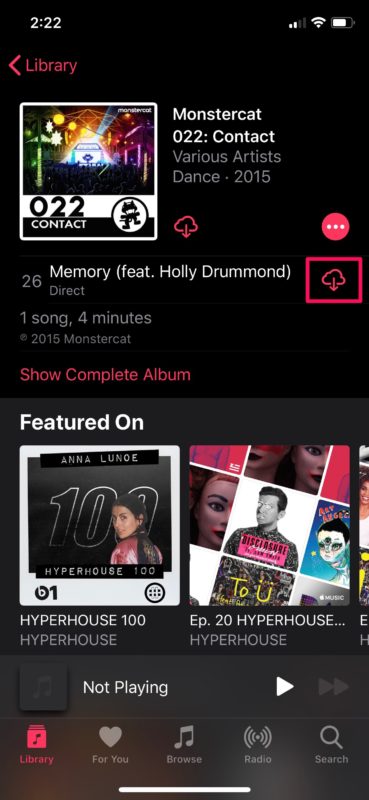
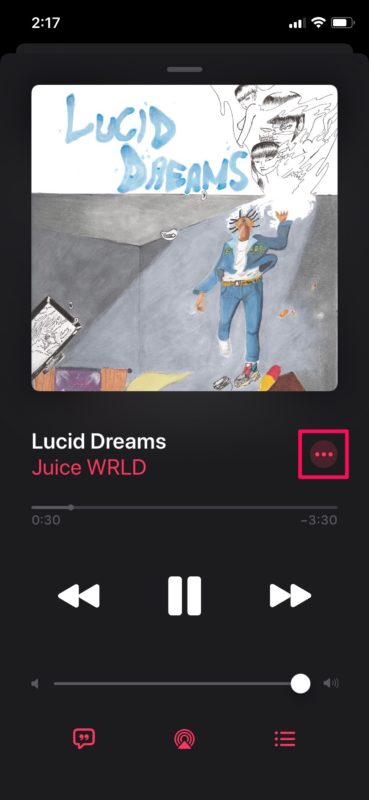
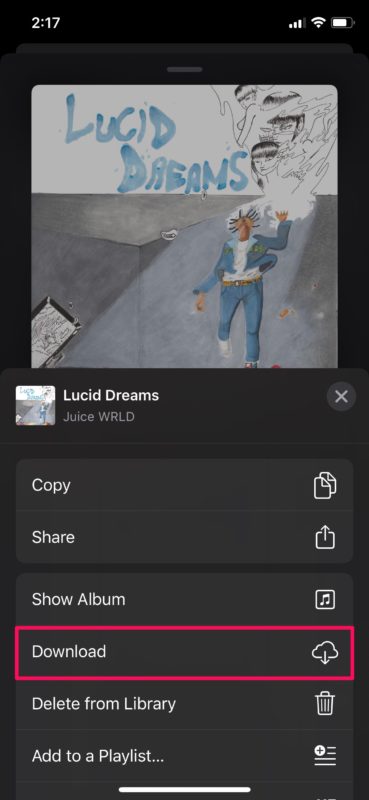
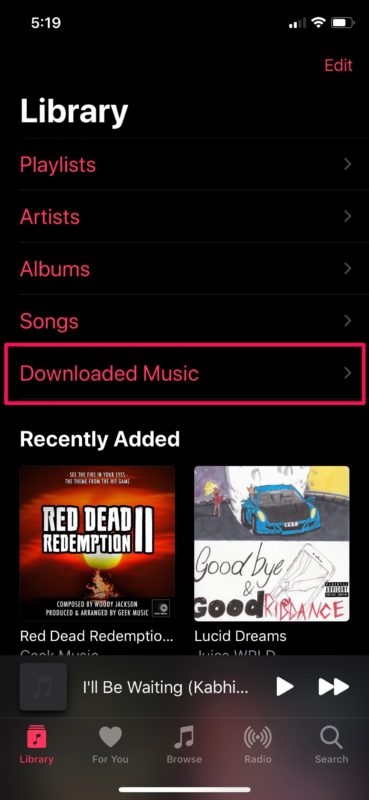

It is a great feature that I use a lot, primarily because of the high data cost where I live and the high data roaming charges when traveling.
I frequently listen to my music on the iPhone when driving, via the Bluetooth connection, and usually well out of range of Wi-Fi and data services. Consequently, downloaded music is essential.